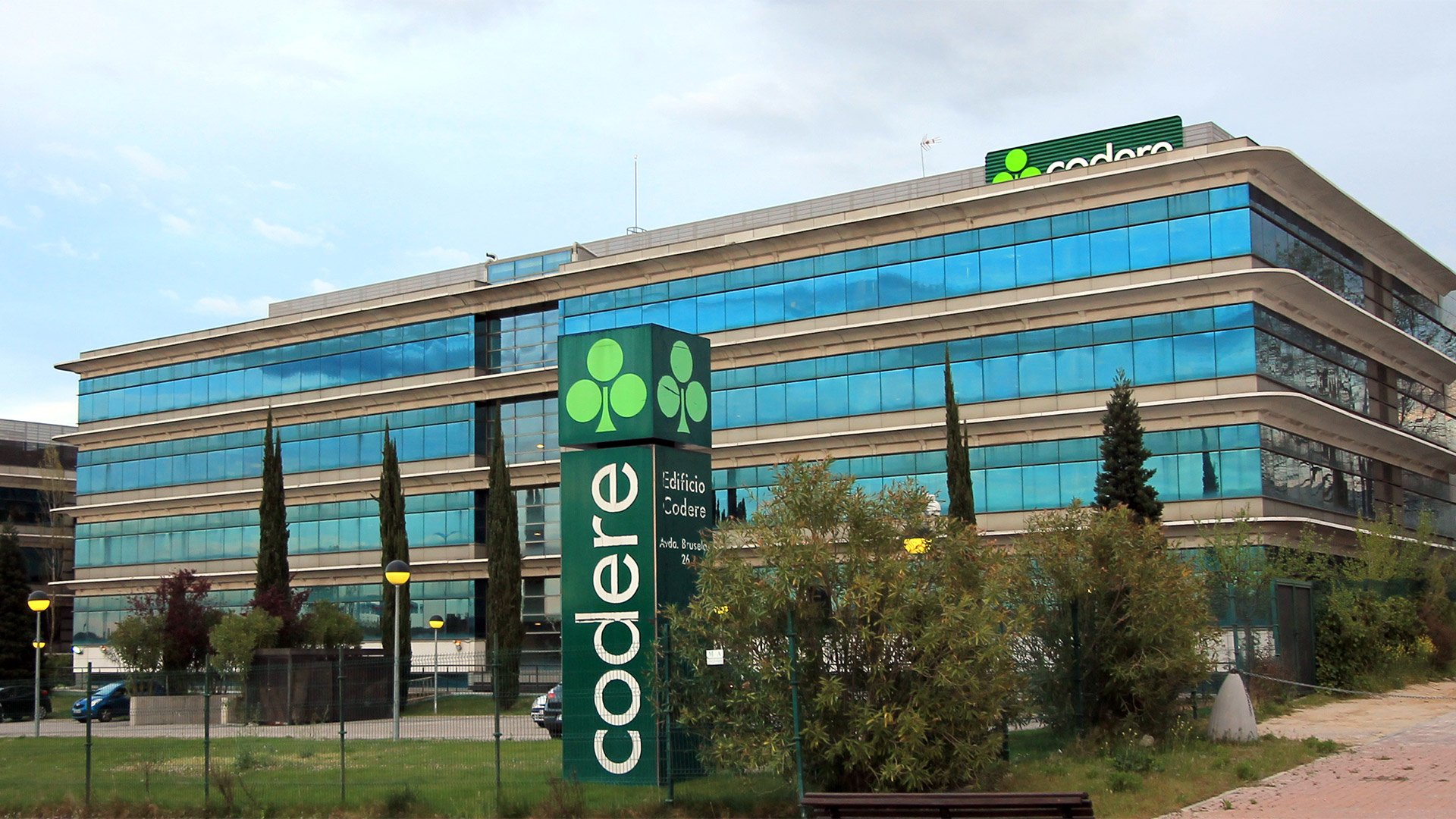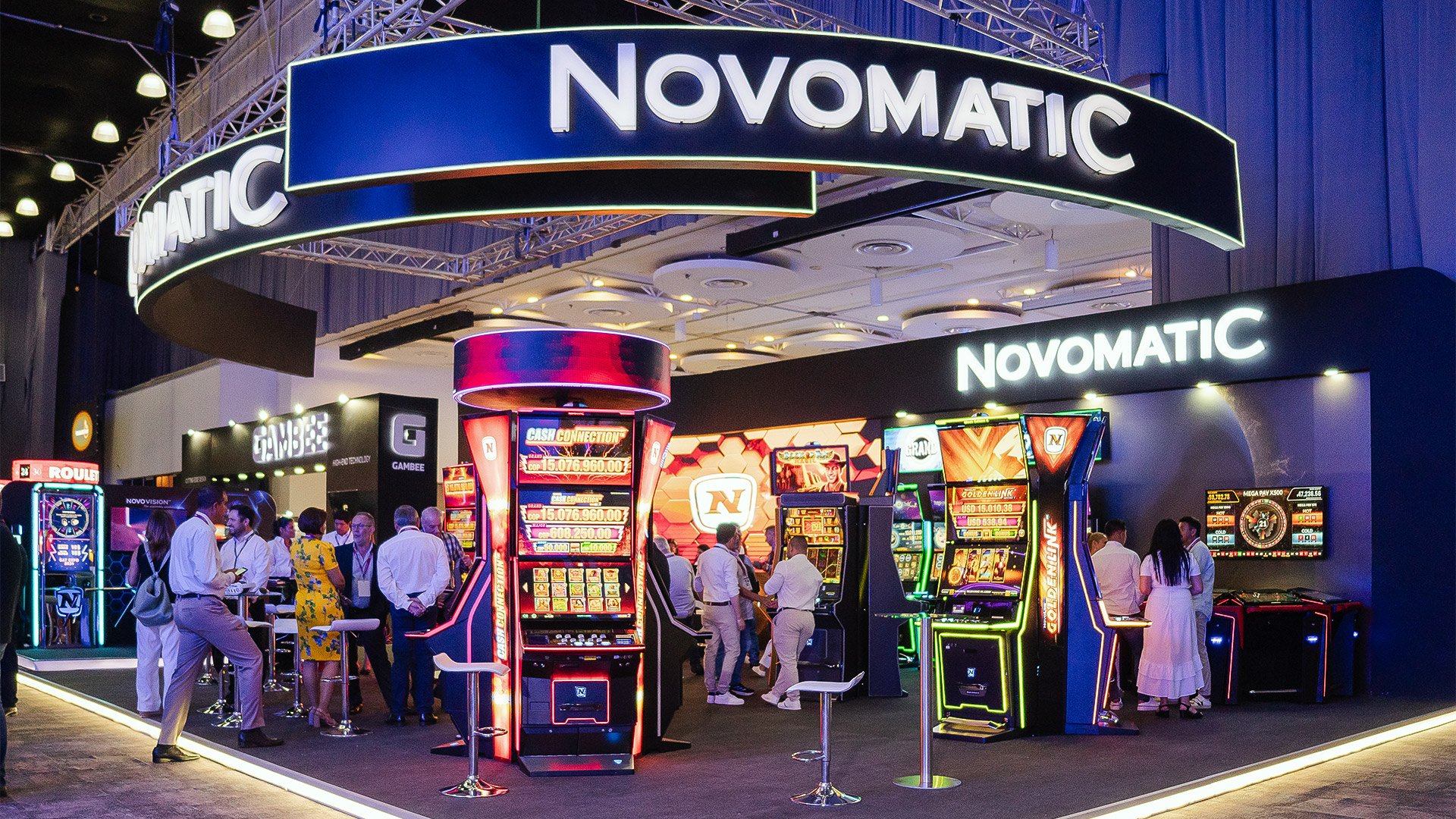SiGMA Central Europe to debut in Rome in November 2025

SiGMA Central Europe has announced that its 2025 conference will be held in Rome, Italy, from November 3 to 6, marking a significant shift to one of Europe’s most promising gaming and technology markets. The event will be hosted at the Fiera Roma, one of Europe’s largest and most advanced exhibition venues.
The conference is expected to draw more than 30,000 delegates, 1,000 sponsors and exhibitors, and 550 expert speakers. Spanning four conference stages, the event will showcase innovation and industry insights.
Italy’s gaming market is the largest untapped online gambling market in Europe, according to organizers, generating €16 billion ($16.64 billion) annually, with only 25% of that revenue coming from online platforms. The country’s online gambling sector is poised for robust growth, with revenues forecast to reach €3.78 billion ($3.93 billion) by 2029, growing at an annual rate of 5.52%.
Rome’s emergence as a hub for digital entrepreneurship and venture capital investment underscores its potential as a driver of the gaming industry’s future, the organizers noted. Initiatives like the Houses of Emerging Technologies further bolster Italy’s appeal for financial and technological advancement.
Key highlights of the conference include a Startup Pitch competition featuring innovative businesses, as well as networking opportunities at trattorias, rooftop bars, and Michelin-starred restaurants.
The Fiera Roma venue offers 100,000 square meters of exhibition space, including 10 pillar-free pavilions and 13 meeting rooms, accommodating up to 60,000 participants. The extended 10-day expo setup period will allow exhibitors to create dynamic and engaging booth designs.
Rome’s strategic location and exceptional transport infrastructure provide easy access for international attendees. The Leonardo da Vinci International Airport, ranked Europe’s best for seven consecutive years, connects directly to the Fiera Roma via an 8-minute train ride.
Since its inception in 2014, SiGMA has grown from hosting 1,500 delegates to 27,000 participants in 2024. This upward trajectory reflects the event’s influence in the gaming sector and its commitment to fostering innovation and collaboration.














































